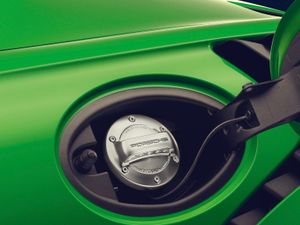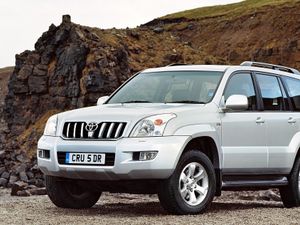What are synthetic fuels?
Synthetic fuels could be the eco-friendly answer to saving combustion engines… but what are they?

The internal combustion engine is dead. Or at least, that’s what we’re constantly being told, with governments planning bans on petrol and diesel vehicles and manufacturers investing heavily in electric vehicles.
However, while EVs are undoubtedly going to be a big part of reducing emissions in the automotive industry, another option has quietly been gaining steam and could breathe new life into combustion-engined vehicles – synthetic fuels.
They almost seem too good to be true, so what are they, and how likely are they to go mainstream? Let’s take a look…

What is a synthetic fuel?
When it comes to their basic makeup, synthetic fuels – or eFuels as they are sometimes known – are essentially no different to the diesel or petrol that comes from crude oil. However, the key difference is that they’re produced from CO2 and hydrogen using renewable energy.





